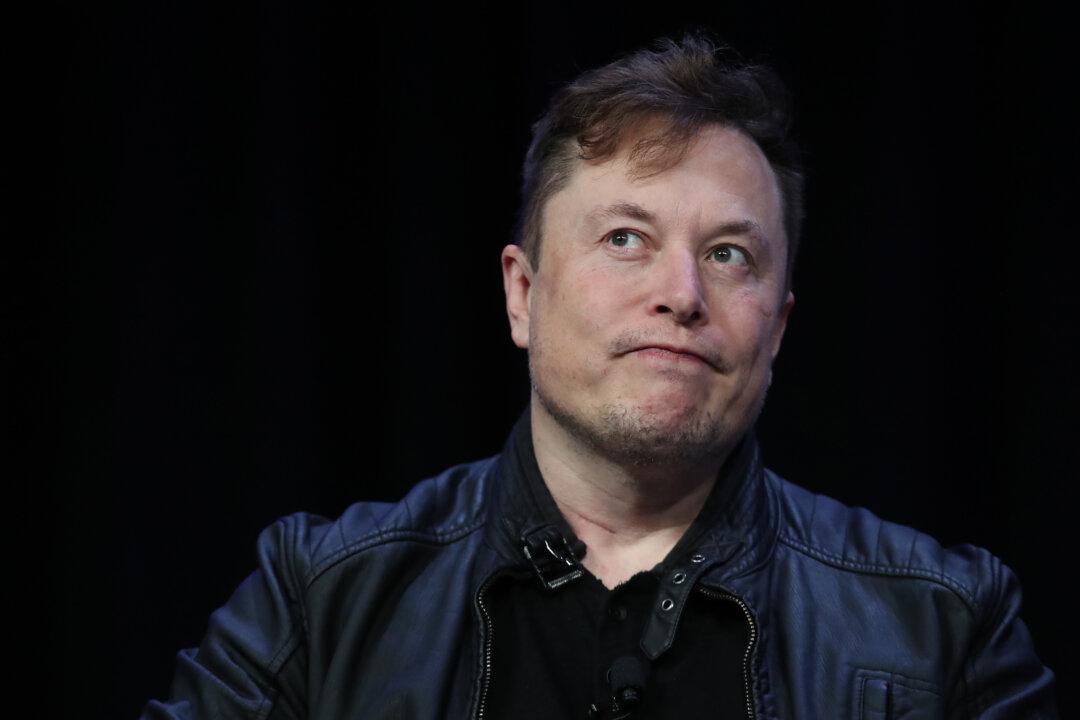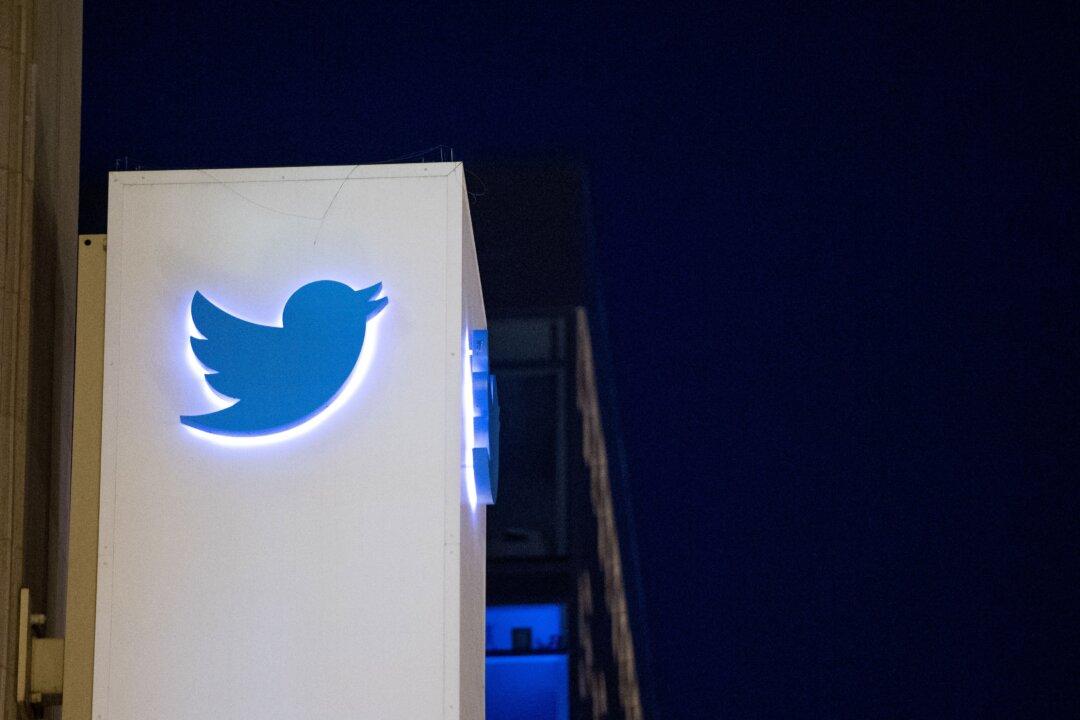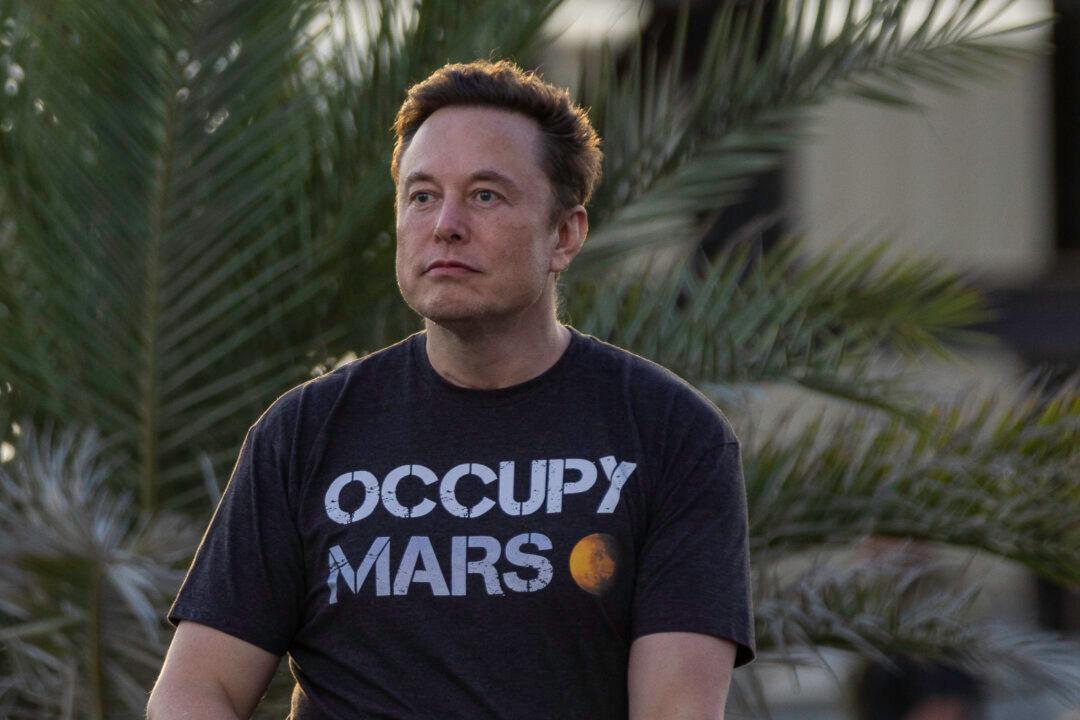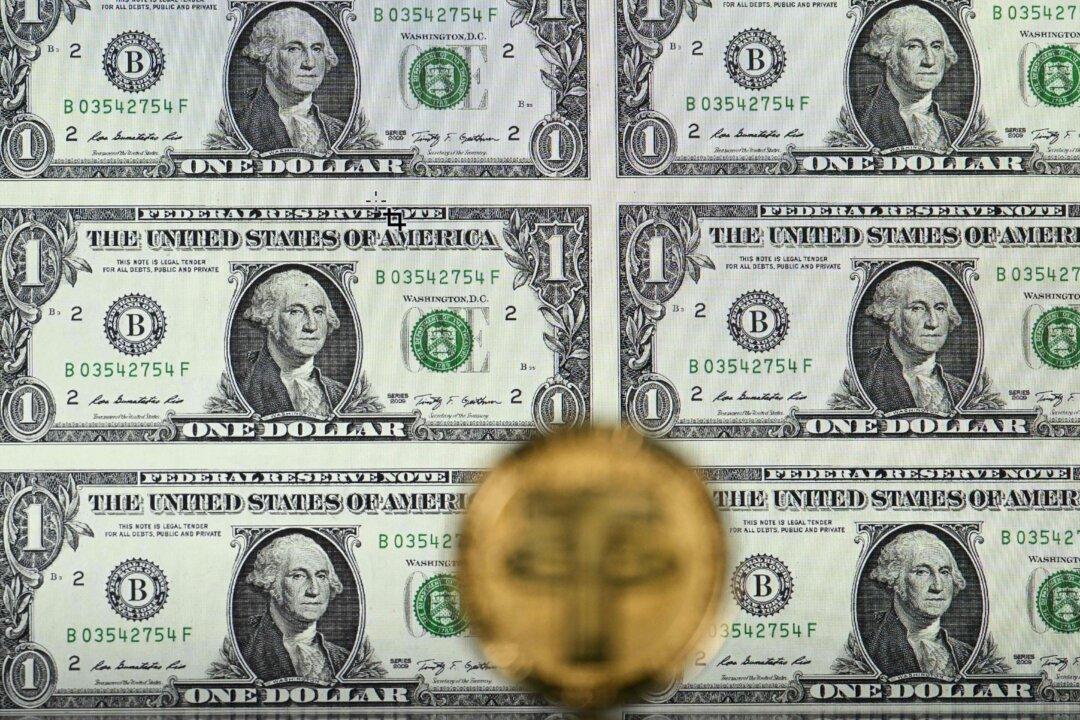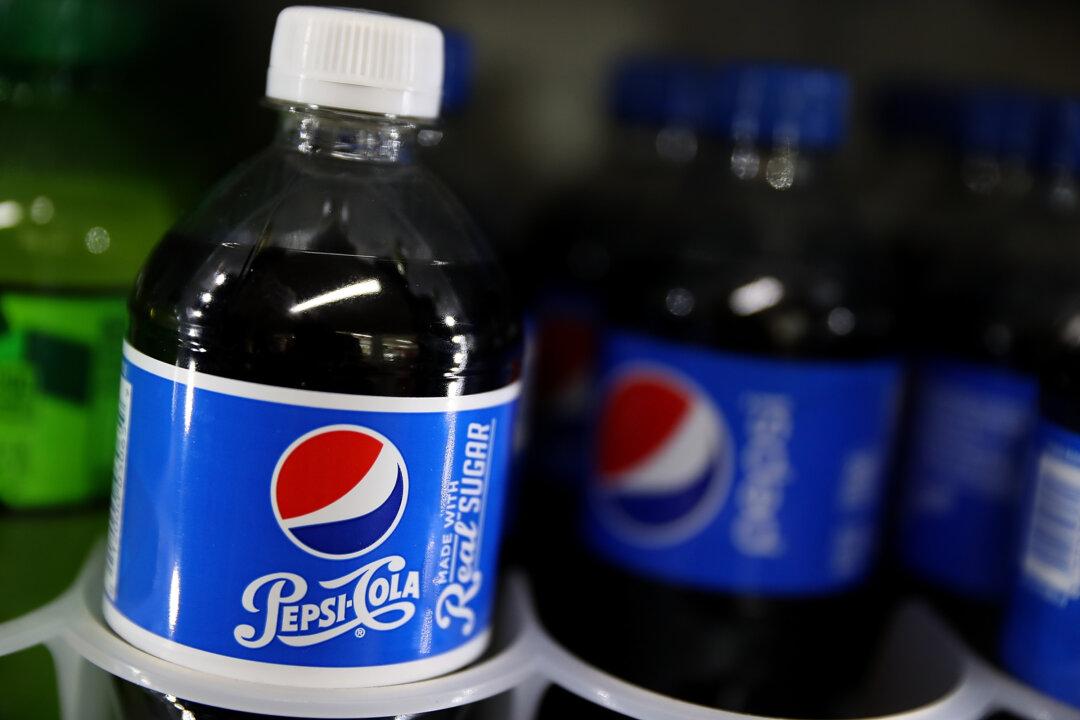Tesla Inc. CEO Elon Musk may soon be heading for a courtroom battle with company shareholders who claim that they have lost billions of dollars because of Musk’s 2018 tweet on taking Tesla private.
A ruling in favor of the shareholders would allow them to focus at trial solely on connecting Musk’s allegedly false statement to their stock market loss.
